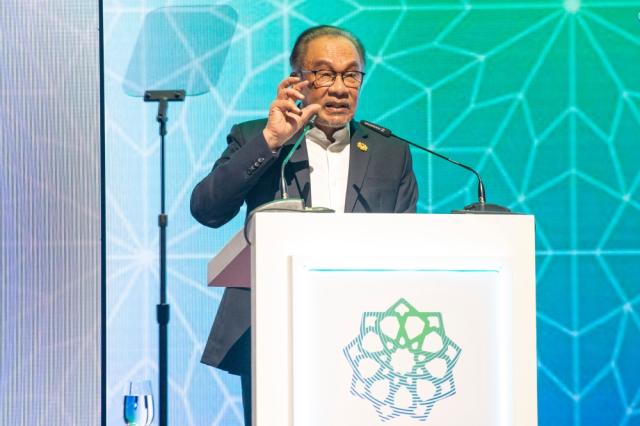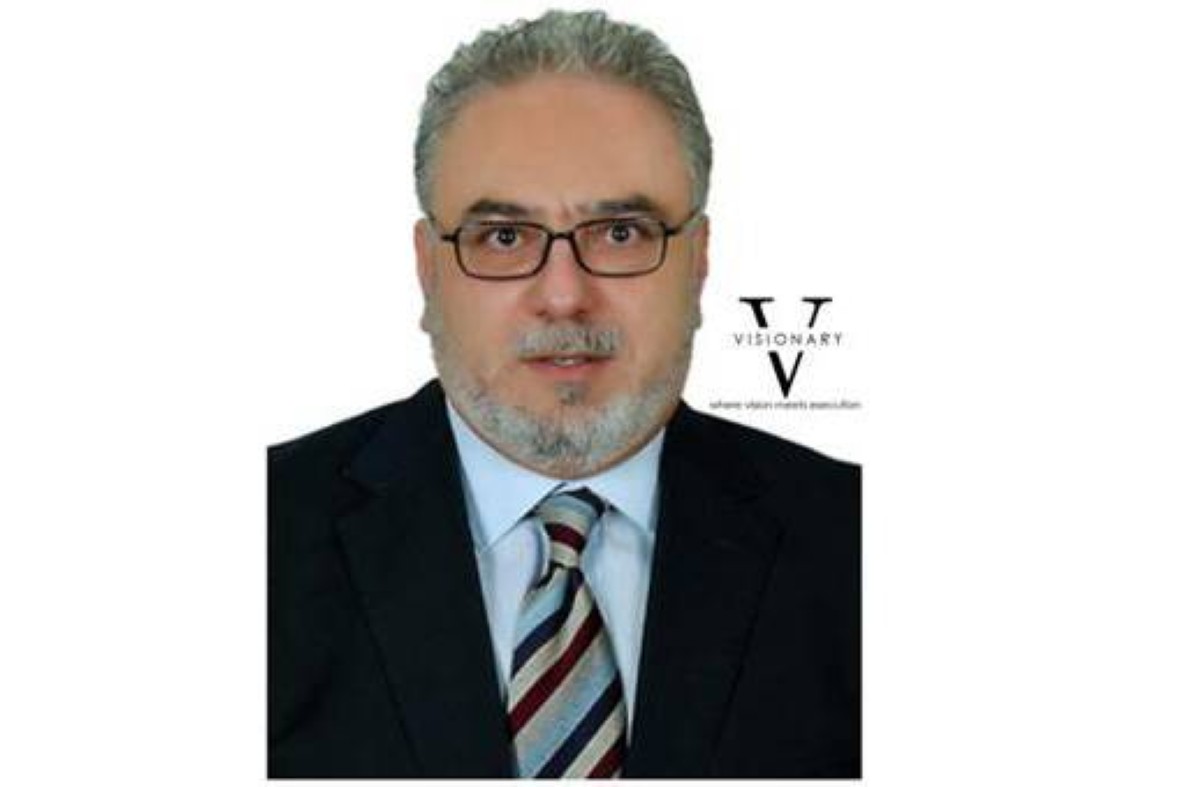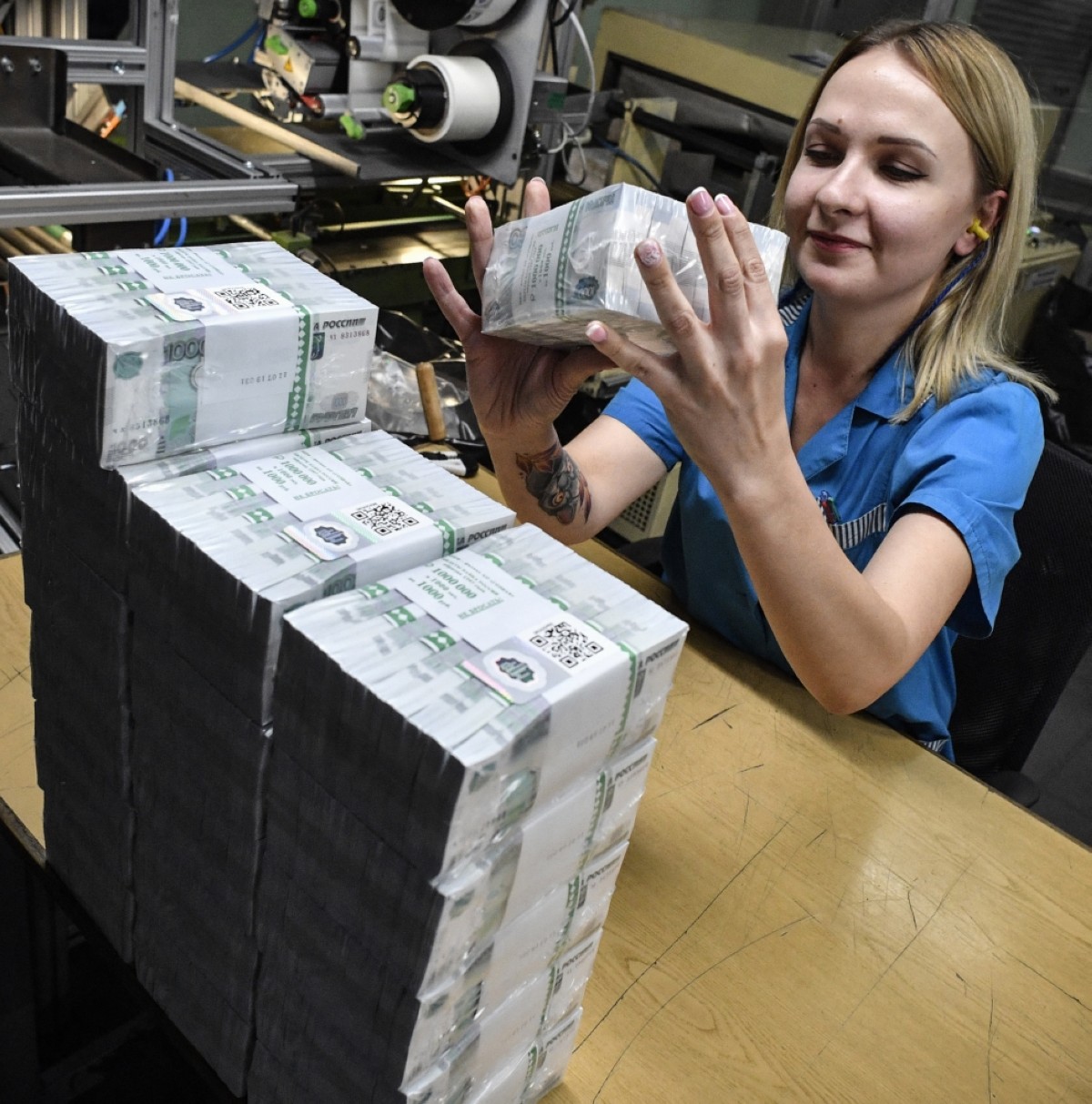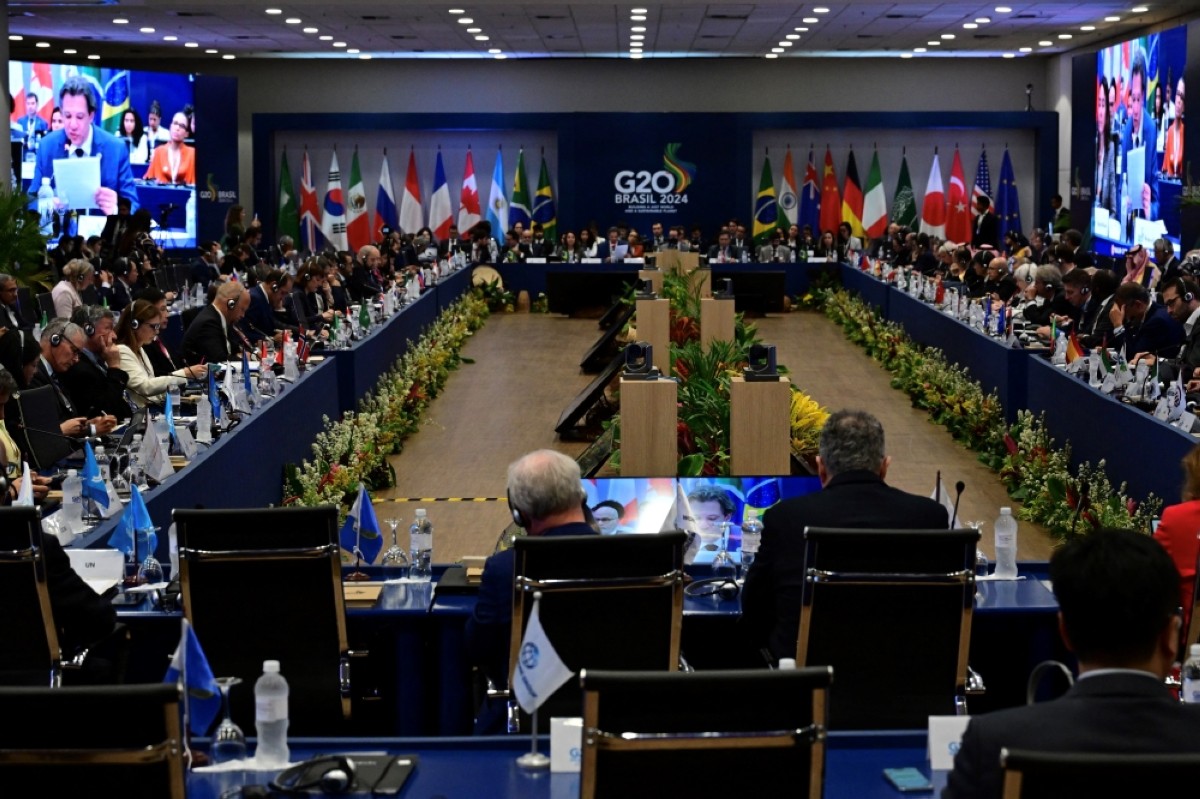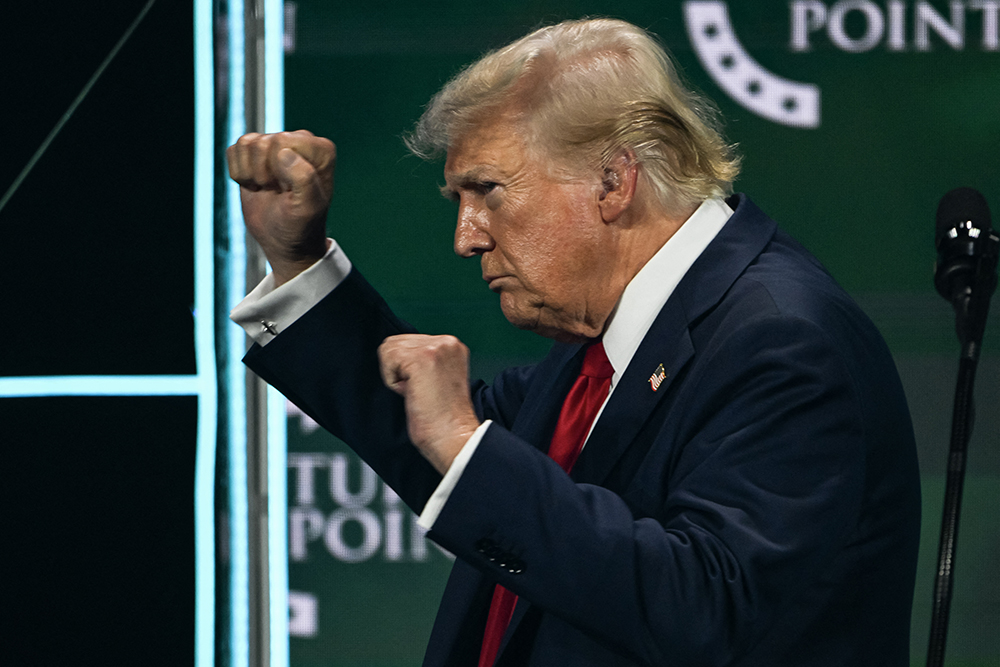Malaysian PM urges to replace Capitalism system with Islamic economy
KUALA LUMPUR, May 28 (KUNA) -- Malaysian Prime Minister Anwar Ibrahim, on Tuesday, urged Islamic economic entities to turn to the Islamic economy and finance system as an alternative to capitalism in the Global Forum on Islamic Economy and Finance 2024.
In his speech at the Global Islamic Economy and Finance Forum 2024, Prime Minister Ibrahim - who also serves as the Minister of Finance - emphasized that there was an urgent need for a just and an inclusive system.
He added that it was time to chart a renewed course and reform towards a future defined by inclusivity, equality, opportunities and prosperity, he said that no one still believes in the old conventional economic beliefs that prioritize growth and material pursuits over the quality of life while glorifying profit maximization and treating the labor poorly.
He stressed that the Islamic finance system needed continuous development and more focus on value-based finance, equal opportunities and surpassing profit-driven motives to adopt a higher goal where the wealth is not concentrated among the few but distributed to uplift communities and create balanced prosperity.
He pointed out that in this context, it was necessary to have cooperation and joint work among stakeholders worldwide, particularly in the Islamic world, to face common challenges and create opportunities for economic participation.
He announced that the Malaysian government intended to introduce a new dimension to the issuance of sukuk through a structure called "agency by services" as part of the country's ongoing efforts to enhance the investment ecosystem.
The Global Forum on Islamic Economy and Finance was held in Kuala Lumpur under the auspices of the Malaysian Ministry of Finance and organized by the Central Bank of Malaysia in cooperation with the Malaysian Securities Commission, Labuan Financial Services Authority, the International Islamic Liquidity Management Corporation, the Islamic Development Bank, Islamic Financial Services Board and the World Bank Group.
This two-day forum features more than fifty speakers and over 1,500 local and international participants, including prominent international speakers such as Indonesian Finance Minister Sri Mulyani Indrawati, President of the Finance Office of the Presidency of Tأ¼rkiye Goksel Asan, and others.
The forum includes a main session, a ministerial session, six other sessions, and three specialized sessions.
The main session will focus on the reform agenda in the global Islamic economy to achieve shared prosperity, while the ministerial session will address managing the global economy in post-normal times through value-based reforms.
The six other sessions will discuss topics such as the just transition towards a shared future, advancing the four pillars of halal development in the global private sector, which are technology, trade connectivity, capacity and talent empowerment, and climate transformation.
The sessions will also discuss topics on enhancing global cooperation to drive Islamic nations towards a better future, global economic and financial policy reforms from the perspective of the Maqasid al-Shariah (objectives of Islamic law), broadening finance through capital markets, and the future of financial inclusion.
The specialized sessions will cover topics such as bridging perspectives in integrating modern economic thinking with Islamic economic principles, exploring the path of reforms for a sustainable global Islamic economy, and unlocking global Islamic finance opportunities.
This year's forum, titled "Shaping a Resilient Global Islamic Economy Through Value-based Reforms," brings together policymakers, business leaders, and financial service providers from around the world for three days to participate in discussions and ways of mutual cooperation to build the future of the Islamic economy and finance. (end) aab.dss.




